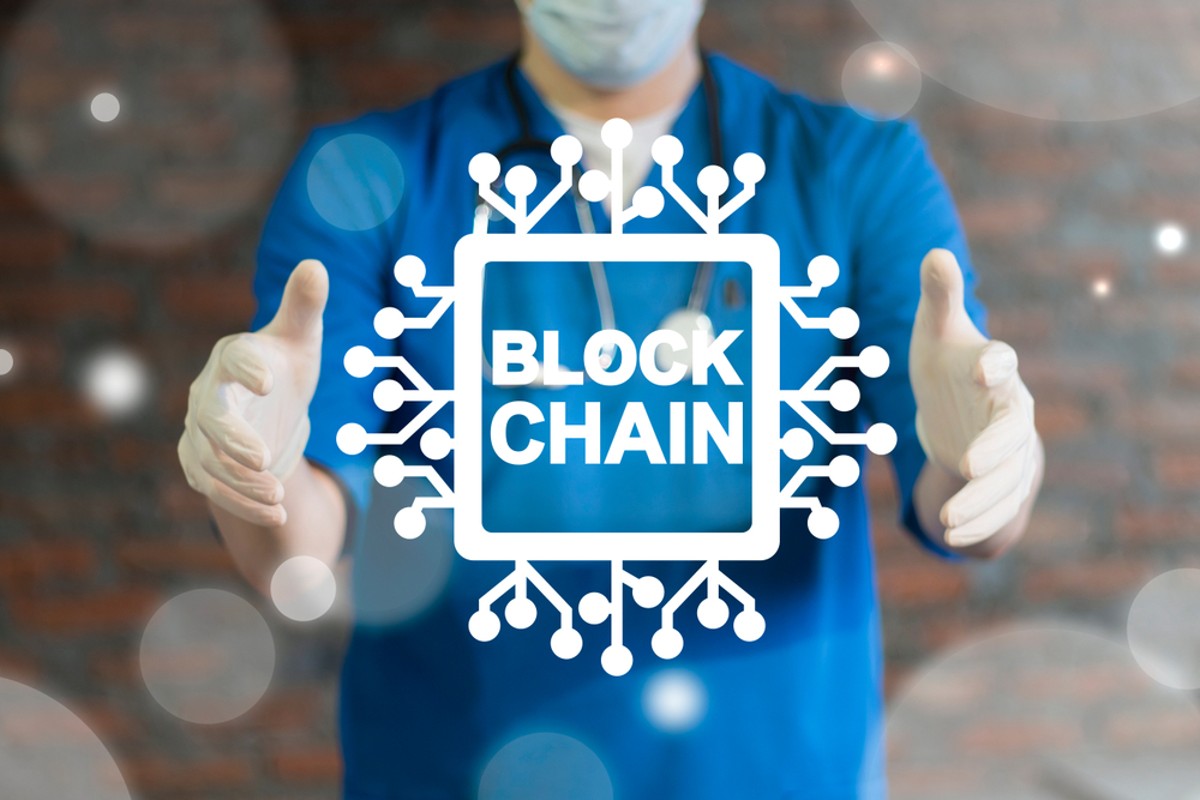In the dynamic field of healthcare, the continuous evolution is being significantly shaped by emerging technologies. Among these technologies, blockchain holds a prominent position due to its transformative impact on patient care. Although commonly recognized in connection with cryptocurrencies such as Bitcoin, blockchain’s utility goes well beyond the financial realm. This article comprehensively explores the application of blockchain in healthcare, illuminating its revolutionary role in enhancing patient care, optimizing data administration, and reshaping operational processes within the industry.
Understanding Blockchain Technology
Breaking Down the Basics
Fundamentally, a blockchain refers to a decentralized and distributed digital ledger that maintains a record of transactions across numerous computers. In contrast to conventional centralized systems, the defining characteristic of blockchain is its decentralized structure, which guarantees transparency, security, and the unalterable nature of data. Within the blockchain, every individual block contains a distinct cryptographic hash derived from the preceding block, forming an uninterrupted sequence of interconnected information.
Key Characteristics
- Decentralization: By eliminating the need for intermediaries, blockchain reduces the risk of data manipulation and unauthorized access.
- Transparency: All participants have access to the same data, fostering trust and accountability in healthcare transactions.
- Security: Complex encryption techniques and consensus mechanisms safeguard sensitive patient data, thwarting potential cyberattacks.
- Immutability: Once data is recorded on the blockchain, it cannot be altered or deleted, ensuring the integrity of medical records and research.
Blockchain’s Impact on Patient Care
Enhanced Interoperability and Data Sharing
Healthcare systems often grapple with interoperability challenges due to siloed data. Blockchain addresses this by enabling secure and seamless sharing of patient information across providers. With patient consent, authorized parties can access accurate and up-to-date medical histories, leading to more informed diagnoses and treatment plans.
Streamlined Clinical Trials and Research
Clinical trials and medical research involve complex data collection and management. Blockchain’s transparent and secure nature simplifies these processes by ensuring data integrity, preventing fraud, and accelerating the research timeline. Smart contracts, self-executing code on the blockchain, automate agreement fulfillment, enhancing efficiency.
Secure Patient Identity Management
Identity theft and medical fraud are significant concerns in healthcare. Blockchain solutions provide patients with unique cryptographic identities, granting them control over who accesses their medical records. This not only safeguards sensitive information but also empowers patients to share their data for research purposes securely.
Revolutionizing Supply Chain Management
In healthcare, ensuring the authenticity and integrity of pharmaceuticals, medical devices, and supplies is critical. Blockchain’s traceability features enable real-time monitoring of products as they move through the supply chain. This transparency minimizes counterfeiting risks and enhances patient safety.
Challenges and Considerations
While the potential of blockchain in healthcare is vast, challenges remain. Integration with legacy systems, regulatory compliance, and energy consumption are among the concerns. Collaboration between technologists, healthcare professionals, and policymakers is essential to address these hurdles.
Real-world Use Cases
MedRec: Empowering Patients with Data Ownership
MedRec, a blockchain-based system, empowers patients by giving them control over their medical records. Patients can grant access to providers, ensuring accurate diagnoses and tailored treatments. MedRec also facilitates medical research by anonymizing patient data while retaining its value.
Gem: Ensuring Ethical Clinical Trials
Gem utilizes blockchain to enhance the transparency and accountability of clinical trials. By recording each step of a trial on the blockchain, Gem ensures that results are not manipulated and that patient safety is prioritized.
SimplyVital Health: Streamlining Care Coordination
This blockchain platform focuses on care coordination, enabling providers to share patient data securely. By enhancing data availability and accuracy, SimplyVital Health reduces redundant tests and medical errors, improving patient outcomes.
Looking Ahead: The Future of Healthcare with Blockchain
The potential of blockchain to revolutionize healthcare is undeniable. As the technology matures, its adoption will likely become more widespread. Healthcare organizations that embrace blockchain’s transformative power stand to benefit from improved patient care, streamlined operations, and enhanced data security.
Conclusion
In a world where data integrity and patient trust are paramount, blockchain’s role in healthcare is poised to redefine the industry’s landscape. By harnessing its decentralized, secure, and transparent characteristics, immediatepeak.org which is an Online trading platform, healthcare providers can unlock unprecedented opportunities for collaboration, innovation, and ultimately, superior patient care. As blockchain’s potential continues to unfold, its impact on healthcare beyond Bitcoin is a journey worth closely following.


